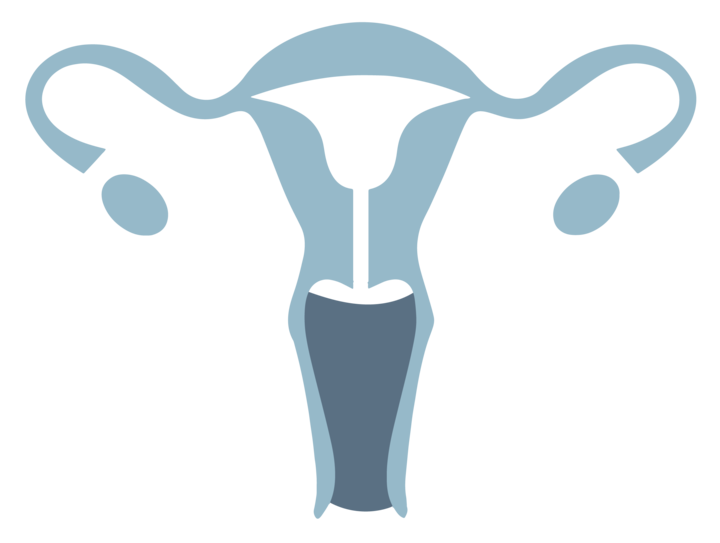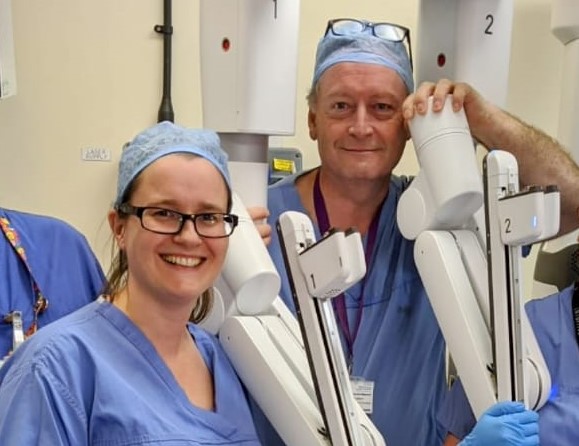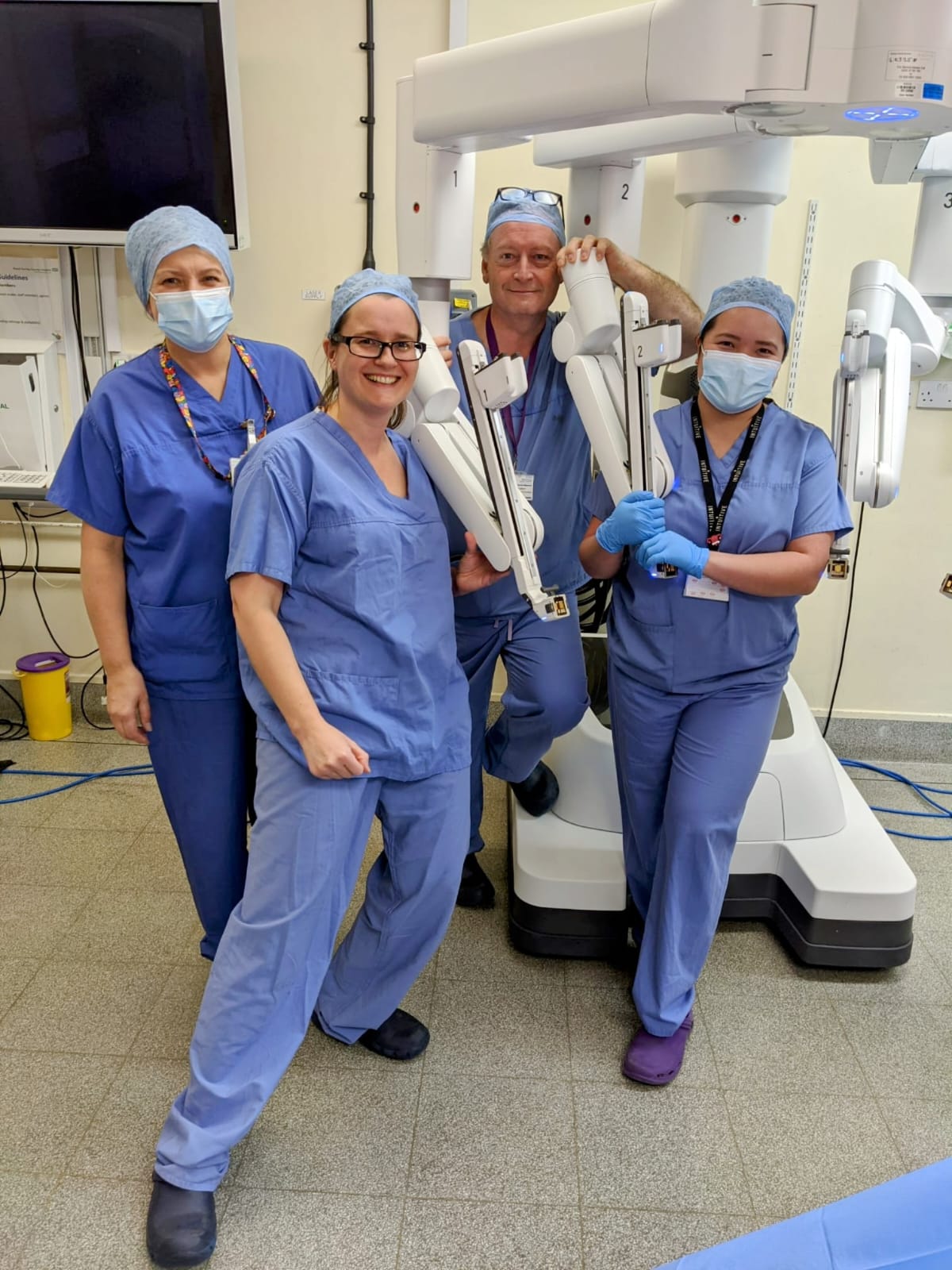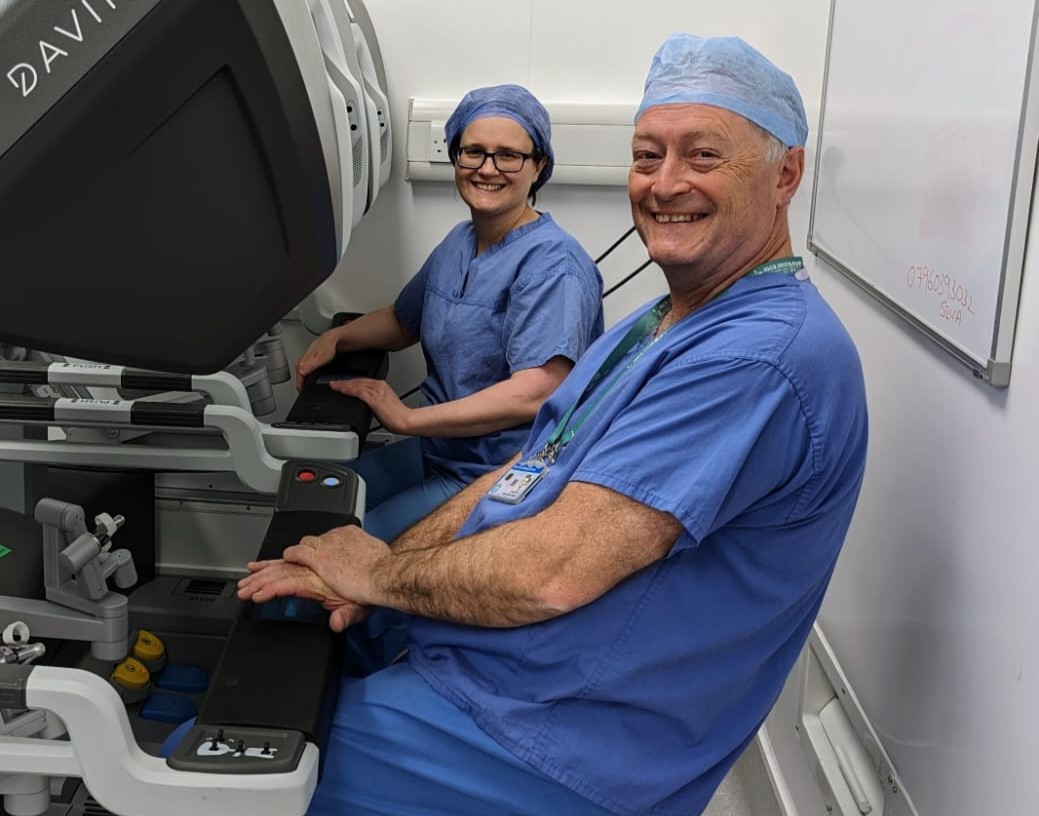WHAT SHOULD I KNOW ABOUT GYNAE CANCER?
What we do at GRACE is about people coming together – women who’ve experienced gynae cancer themselves, friends, doctors, specialists, families who’ve sadly lost loved ones to gynae cancer or researchers looking for the next breakthrough. All coming together to share their experiences, push for improvements in treatment and survival and educate people about these diseases.
Because 21,000 women are diagnosed with gynaecological cancer every year in the UK. Every single day 58 women are given this life-changing news and sadly, each day, 21 women will die from their gynaecological cancer.
“The problem is that many women are still not confident in spotting the symptoms of gynaecological cancer and therefore they don’t seek help until the disease has spread which makes it harder to treat.” Mr Simon Butler-Manuel, GRACE Founder
In order to recognise the signs and symptoms of gynae cancers and raise awareness, you might find it helpful to understand a bit about what these cancers are.
Gynaecological cancer refers to the five cancers that start in a woman’s reproductive system – cervical cancer, ovarian cancer, vaginal cancer, vulval cancer and womb cancer (also known as endometrial or uterine cancer).
You’ll find further information about all five cancers below, including the signs and symptoms to look out for. You can also download awareness resources to help spread the word online and in your community.
THE FIVE GYNAE CANCERS
SPREAD THE WORD. SAVE LIVES.
January
- Cervical Cancer Prevention Week: 18-24th
February
- World Cancer Day: 4th
March
- Ovarian Cancer Awareness Month
- International Women’s Day: 8th
May
- World Ovarian Cancer Day: 8th
September
- Gynaecological Cancer Awareness Month
November
- Vulval Cancer Awareness Week: Last week of November
OVARIAN CANCER

Ovarian cancer is a loosely used term that encompasses gynaecological cancer arising from the ovaries, tubes and peritoneum. All of the cancers present similarly, and are managed similarly. About 7,500 women are diagnosed with ovarian cancer each year. The risk of developing ovarian cancer is very low in young women, 80% of ovarian cancer occurs in women over 50. The symptoms of ovarian cancer are often rather vague and non-specific and are therefore sometimes ignored.
• Abdominal bloating or swelling – which is persistent and doesn’t come and go
• Loss of appetite, difficulty eating and feeling full more quickly
• Abdominal or pelvic pain felt over a period of time
• A change in bladder habits
More obvious gynaecological symptoms, such as vaginal bleeding or pain on intercourse, may sometimes occur. These symptoms are common to many other conditions, but the development of new abdominal symptoms in a middle-aged woman is always a concern and should be investigated with a clinical examination, and an ultrasound scan.
- Ovarian Cancer Awareness Month – March
- World Ovarian Cancer Day – 8 May (every year)
CERVICAL CANCER

There are about 3200 new cases diagnosed each year. 900 of these women will die from the disease. This cancer is the most common cancer in women under the age of 35. Fortunately, it is being detected earlier thanks to the success of the UK screening and vaccination programmes. However, incidences will rise as only 75% of women take up screening and HPV vaccination. The risk of cervical cancer is doubled if you smoke.
• Bleeding after sexual intercourse and pain
• Vaginal bleeding after the menopause
• A smelly vaginal discharge
Early stage cervical cancer may have no symptoms so it is vital to go for your screening. It is important to report any of the above symptoms to your GP for investigation.
- Cervical Cancer Screening Awareness Week – 15 – 21 June 2020
- Cervical Cancer Prevention Week – 18-24 January 2021
ENDOMETRIAL CANCER

Endometrial cancer is the 4th most common cancer. It is most prevalent in post-menopausal women, although 20% of cases present in women of childbearing age. About 9,000 new cases are diagnosed each year in the UK and approximately 2200 of these women will die of the disease.
• Post menopausal bleeding
• Bleeding between periods
• A watery or blood-stained discharge
• Heavier periods than normal in pre-menopausal women
- Gynaecological Cancer Awareness Month – September 2020
VAGINAL CANCER

Cancer of the vagina is rare with fewer than 300 women diagnosed each year in the UK, with just over 100 women dying of the disease.
• A blood-stained vaginal discharge
• Bleeding after sexual intercourse and pain
• Blood in the urine, the need to pass urine frequently and the need to pass urine at night
• Pain in the back passage (rectum) may occur
If you have any unusual vaginal bleeding always see your doctor.
VULVAL CANCER

There are about 1,300 a year in the UK, 460 of these women will die of the disease. These cancers usually present with an itchy or painful skin lesion, wart-like growth or ulcer on the genital skin.
• Itching, burning or soreness of the vulva that persists
• Bleeding or a blood-stained discharge
• Pain in the area of the vulva
• A lump or swelling over the vulva
• A burning sensation on passing urine
• A mole that changes shape or colour
The risk of developing this cancer increases with age. Other risks factors include HPV infection, weakened immune system, genital herpes infection, smoking and some chronic skin infections.
Vulval Cancer Awareness Week (GRACE) – last week in November
RAISING AWAReNESS OF GYNAE CANCER
Enhanced recovery shown in revolutionary robotic ovarian cancer surgery study – led by team from GRACE and the Royal Surrey County Hospital
Advanced ovarian cancer patients who receive robotic surgery benefit from improved recovery, which could allow them to start
GRACE launches new support service for women and families impacted by gynae cancers
GRACE is delighted to announce the launch of a new service to provide dedicated and professional counselling support
Spectrum welcomes GRACE as its Charity of the Year for 2022!
Spectrum welcomes GRACE as its Charity of the Year for 2022! Guildford Spectrum, operated by Freedom Leisure on
2021 Thank You!
Thank you so much for supporting GRACE in 2021. From fundraising to sharing posts on social media, attending
Subscribe To Our Newsletter
To keep up to date with the latest GRACE news, events, and research











